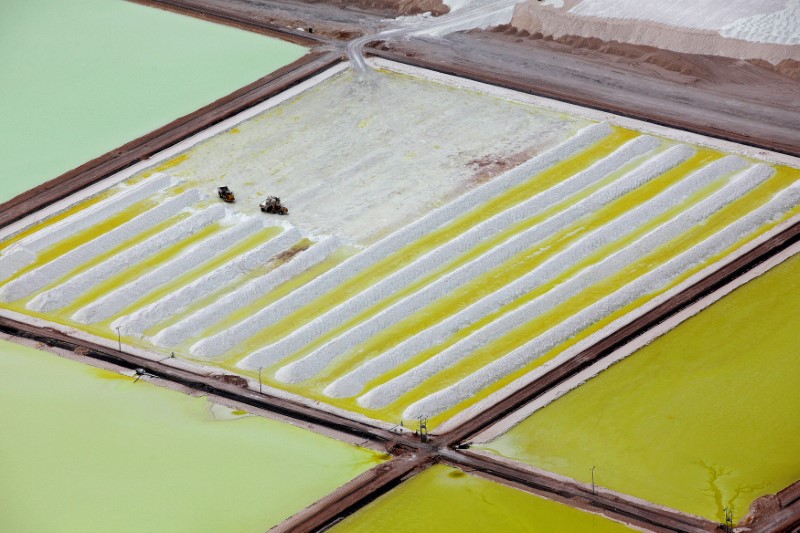Recent guidelines from the United States Department of Energy may disqualify several Australian lithium mines from receiving US government subsidies.
The draft guidance, published on Saturday, specifies that subsidies will not be available for critical minerals projects with high levels of ownership by a “foreign entity of concern” — any company with more than 25% ownership by Chinese, North Korean, Iranian or Russian shareholders.
This ruling potentially excludes Australian lithium miners from billions in subsidies under US President Joe Biden's Inflation Reduction Act (valued at US$369 billion or A$553 billion) and the Infrastructure and Jobs Act (worth US$550 billion). These acts aim to boost the sourcing of minerals like lithium from countries with US free trade agreements, including Australia.
China plays a significant role in the Australian lithium sector, as the dominant customer and an investor. Chinese firms like Ganfeng and Tianqi — with substantial shares in major Australian mines like Mt Marion and Greenbushes — may hinder the Australian miners' subsidy eligibility.
The Greenbushes mine, for instance, produced around 45% of Australia's lithium in the last year and is considered the world's largest and highest-quality hard rock lithium mine.
However, players such as Wesfarmers (ASX:WES) and Liontown Resources (ASX:LTR) which have built non-Chinese lithium businesses in WA may see the rewards.
Reduce Chinese dependency
The draft guidance also addresses the processing of critical minerals, noting that 98% of Australia's major lithium product, spodumene concentrate, was shipped to China in the past year. The US aims to reduce dependency on nations like China, which can exercise control over entities within their territory, including those involved in mineral extraction, processing, or battery component manufacturing.
However, the draft also allows for eligibility for subsidies if critical minerals are processed outside of these countries. This may benefit companies like Albemarle, which processes lithium hydroxide in Western Australia.
Australian miners may need to reassess their share registers, ensuring that non-Chinese shareholders hold at least 75% of their stock. The emphasis on non-Chinese involvement could significantly impact Australian lithium exporters, like Pilbara Minerals, and potentially benefit Australian nickel miners like BHP (ASX:BHP), IGO and Wyloo, who have less Chinese investment.
The US draft is currently in a consultation phase and while major changes are unlikely, the final rules may still evolve. This development highlights the ongoing geopolitical complexities in the global mining sector, especially concerning the sourcing and processing of critical minerals for technological advancements.
